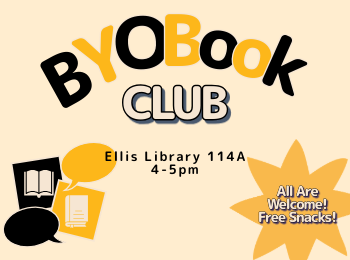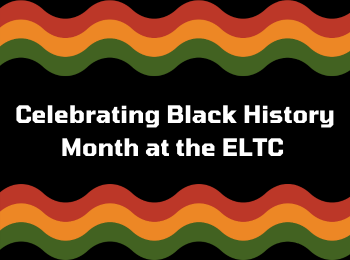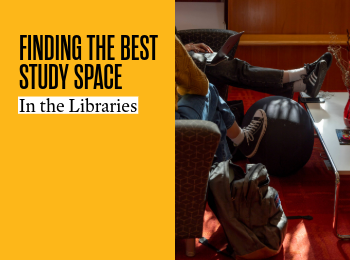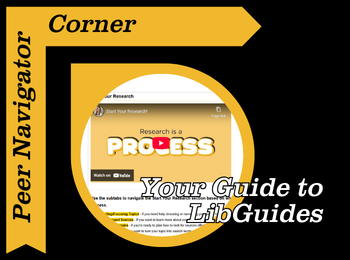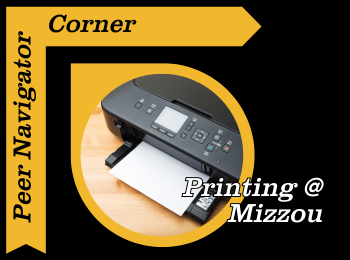Howdy all!
Happy Black History Month! In honor of this month, we have listed different resources below that celebrate and highlight the work of Black engineers and innovators!
Need research assistance, but don’t know who to reach out to? Feel free to reach out to Noël Kopriva (Head Engineering Librarian) and/or Dylan Martin (Black Studies Subject Librarian)
Books about Black Engineers and Innovators
Created equal : the lives and ideas of Black American innovators / James Michael Brodie.
Brodie tells stories of over 60 African-American inventors and innovators whose accomplishments have often been overlooked or obscured by mainstream historians–from a slave known only as Ned who invented a cotton harvester to black scientists working for NASA today.
Available online for free via the Internet Archive (requires creating a account)

African American women scientists and inventors / Otha Richard Sullivan ; Jim Haskins, general editor.
Sullivan once headed Detroit’s program to infuse African American history into the public school curriculum. Here he profiles 25 black American woman who have made significant contributions to science and technology, explaining that many, many more are utterly unknown because first of legal bans on granting patents to slaves and later because of social constraints on women. His message to black school girls is that just because they have not heard of black women scientists does not mean that the profession is closed to them.

Overnight code : the life of Raye Montague, the woman who revolutionized naval engineering / Paige Bowers & David R. Montague.
Equal parts coming-of-age tale, civil rights history, and reflection on the power of education, Overnight Code is a tale about the persistence and perseverance required to forge the life of your dreams when the odds against you seem insurmountable, and shows how one woman refused to let other people’s prejudices stand in the way of her success.

African American Women Chemists / Jeanette Brown
In this book, Jeannette Brown, an African American woman chemist herself, will present a wide-ranging historical introduction to the relatively new presence of African American women in the field of chemistry. It will detail their struggles to obtain an education and their efforts to succeed in a field in which there were few African American men, much less African American women.

In Changing the Face of Engineering, twenty-four eminent scholars address the underrepresentation of African Americans in engineering from a wide variety of disciplinary and professional perspectives while proposing workable classroom solutions and public policy initiatives. They combine robust statistical analyses with personal narratives of African American engineers and STEM instructors who, by taking evidenced-based approaches, have found success in graduating African American engineers.

Black inventors in the age of segregation : Granville T. Woods, Lewis H. Latimer, & Shelby J. Davidson / Rayvon Fouché.
In this study, Rayvon Fouche examines the life and work of three African Americans: Granville Woods (1856-1910), an independent inventor; Lewis Latimer (1848-1928), a corporate engineer with General Electric; and Shelby Davidson (1868-1930), who worked in the U.S. Treasury Department. Detailing the difficulties and human frailties that make their achievements all the more impressive, Fouche explains how each man used invention for financial gain, as a claim on entering adversarial environments, and as a means to technical stature in a Jim Crow institutional setting.
Podcasts about Black Engineers and Innovators

Black Girls Do Engineer Podcast
This podcast takes you inside the world of STEM like never before. Every episode is a journey — a day in the life of engineers, innovators, creators, and world-shapers from across the globe. Hear their real stories, their paths, their challenges, and their visions for the future of AI, robotics, aviation, biotech, clean energy, cybersecurity, software, finance tech, gaming, and more.

There Are No Girls On The Internet with Bridget Todd
The Internet didn’t just happen—it’s built every day by the people who use it. In this timely and inspiring podcast, Bridget leads with curiosity and compassion, inviting trailblazing women, Black innovators, queer creators, and other visionaries to share how they’re shaping the digital world for the better. Through insightful, compassionate conversations, There Are No Girls On The Internet explores the Internet’s missteps, its moments of magic, and the people boldly reimagining it. Equal parts thought-provoking and inspiring, this is the podcast for anyone who believes the Internet should be a place of connection, freedom, and possibility.
